Learn Mixing At MUTEK’s Panel Workshop
Learn more about the workshop here!
I’ve been asked by MUTEK to present a workshop on how to prepare tracks for mastering. This means, in technical terms, how to get the most out of your mixdown session. For many people, the whole music production process seems like a crazy, disorganized back-and-forth of constant tweaking, with the help of a lot of coffee. But if you look at the most common modus operandi, the stages actually go like this:
- Sound design/recording. This is where you either create new sounds or select the existing ones that you’ll be using in your next song.
- Production. Once you have all the sounds, you try to decide your hook. This stage involves deciding the structure and working on the arrangements.
- Mixing. Once your song is canned, you mix the component parts so you get the best sound possible.
- Pre-mastering. Shining and polishing. Adjusting so it sounds best, everywhere.
- Mastering. Preparing the master copy for duplication.
 Applying a methodology to your music production can provide many benefits. Many artists embrace the chaos of going back and forth between the stages, or working without a plan. This is fine if you think it’s the best way for you to remain creative. But if you want the best out of your sound quality, it might be a good idea to adopt a more ordered approach.
Applying a methodology to your music production can provide many benefits. Many artists embrace the chaos of going back and forth between the stages, or working without a plan. This is fine if you think it’s the best way for you to remain creative. But if you want the best out of your sound quality, it might be a good idea to adopt a more ordered approach.
Why?
One of the most important reasons is that if you juggle between these stages, you will lose focus. The mixdown will be done best if you have everything set up first. If you have to keep changing elements around as you go, you’ll be forced to reconsider EQ and volume levels also to make sure that everything fits. Think of it as building with Lego blocks: if you move one brick in the middle of a wall that’s already built, you’ll need to readjust a lot of things around it to compensate.
So while there’s no hard rule on the order of the stages, and one can hop between them to fix certain problems, there is another major issue to consider. If you spent countless hours on arrangements, your ears might be bored to death when it’s time to mix it, and you’ll lose what really matters. This is why mixing is increasingly seen as a stage you might want to leave to someone else — not because you can’t do it, but because you want a fresh perspective.
If you decide to do it yourself though, you want your song’s idea to be sewn up so that only the sound needs tweaking. And ideally, once you have everything set, you might want to take a few days off and then attack the mixing.
For the MUTEK panel, I’ll be sharing some great tips on:
- How to approach production generally.
- How to work with a reference.
- How to do great mixdowns.
I will be using some of the participants’ projects as an example.
You can register here.


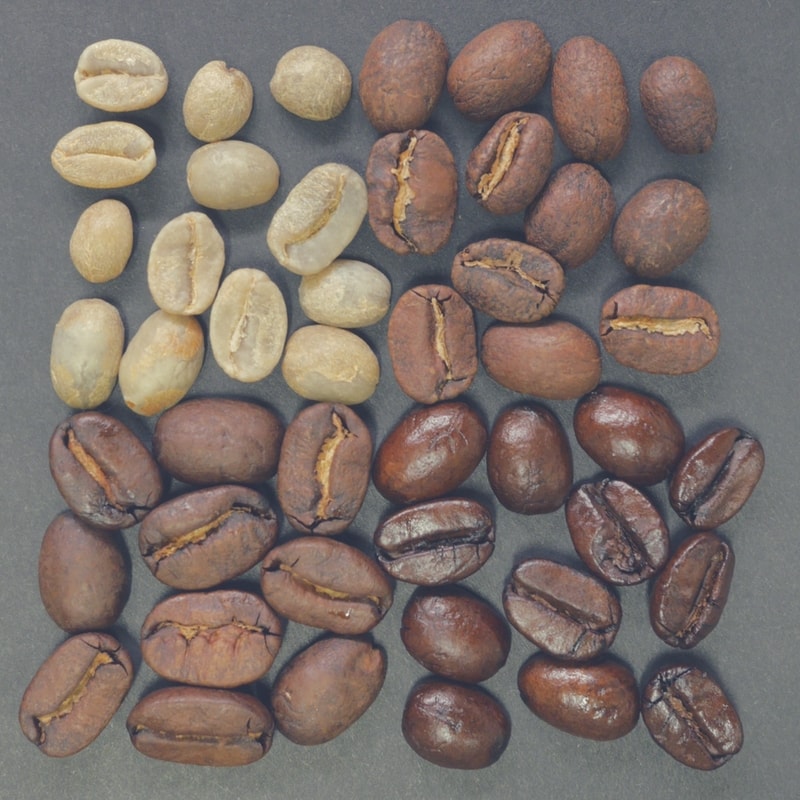



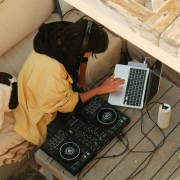
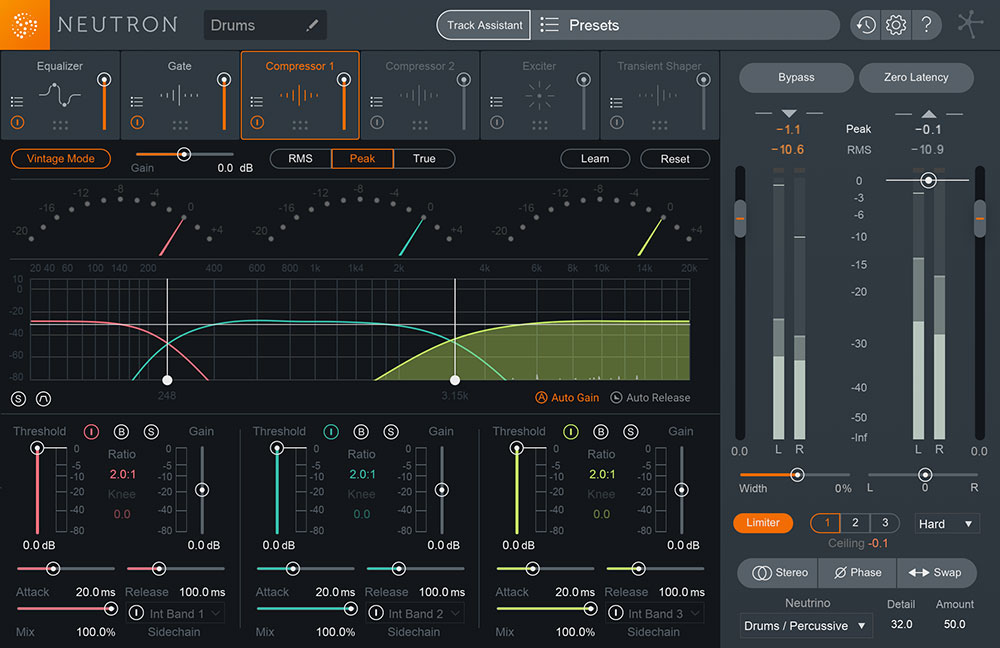
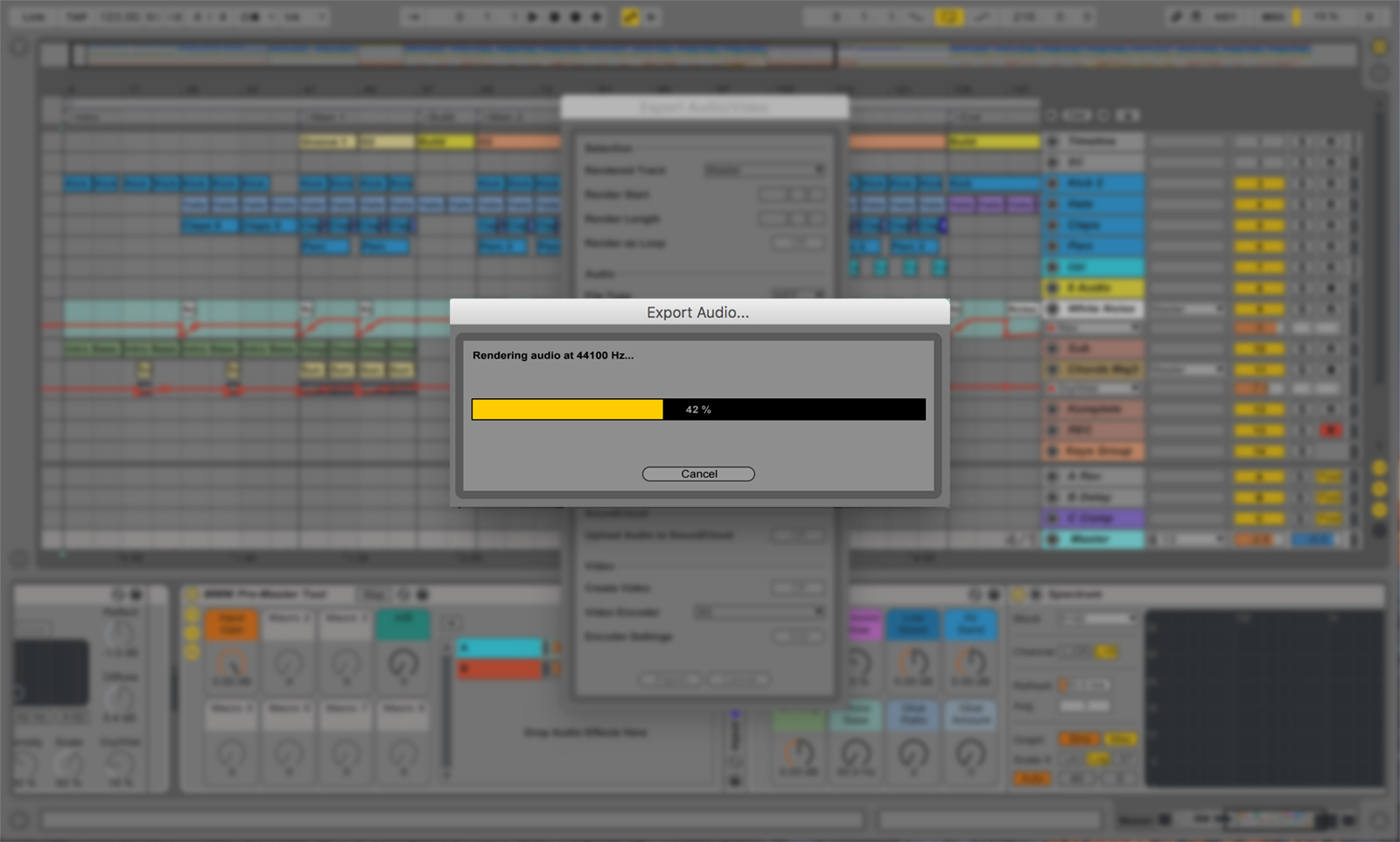
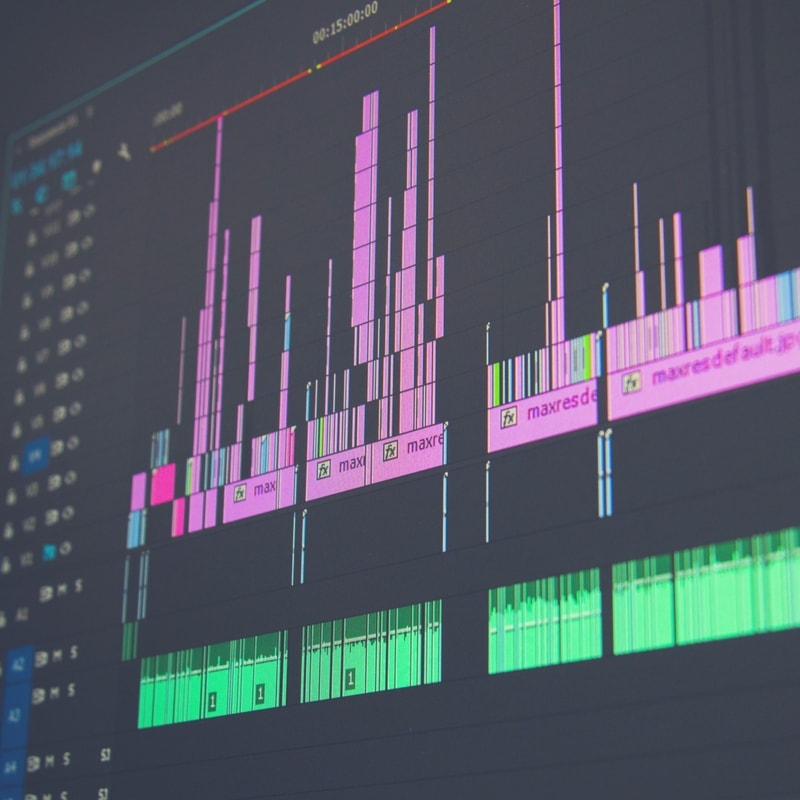
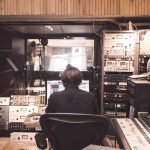

Leave a Reply
Want to join the discussion?Feel free to contribute!